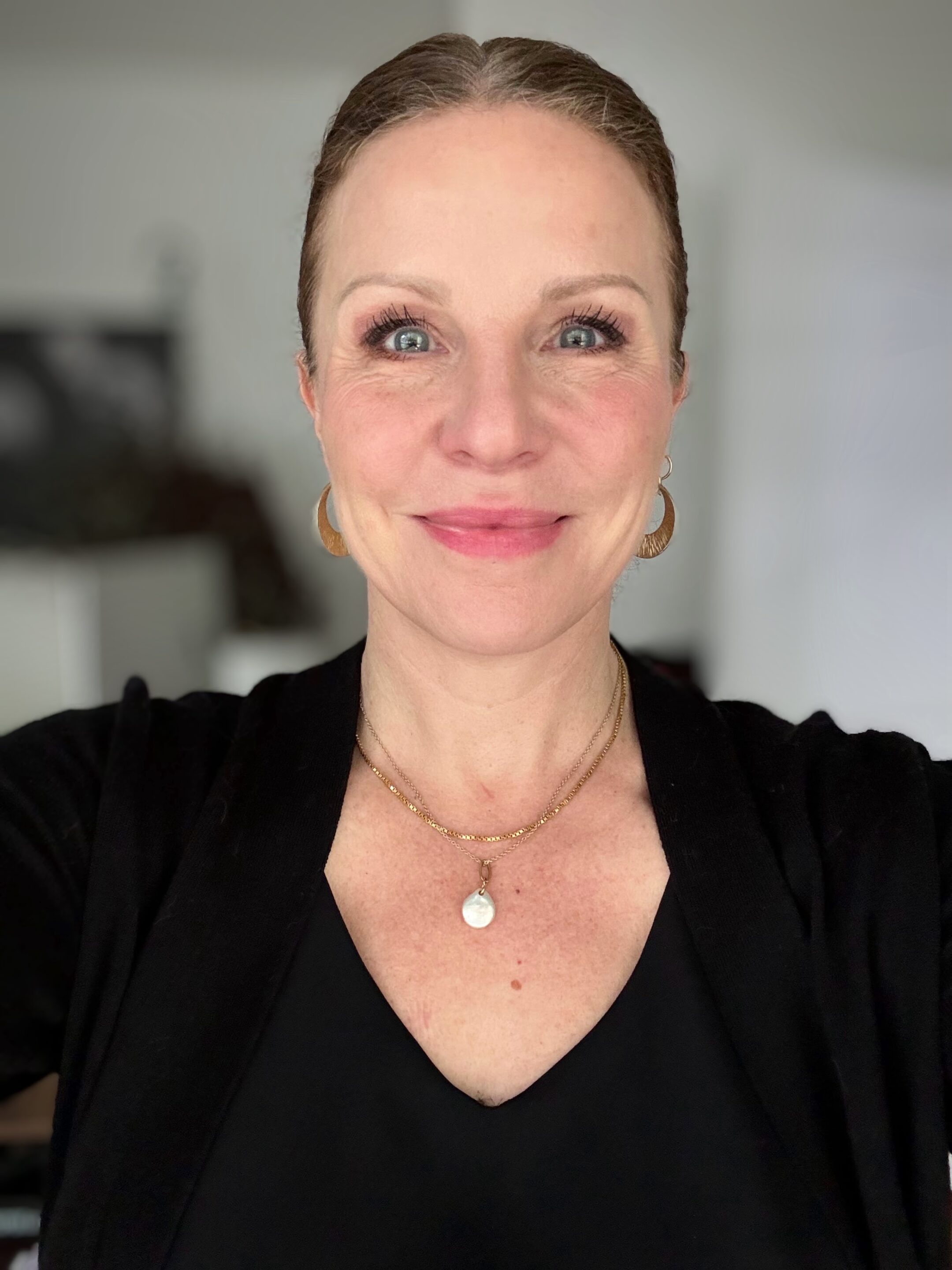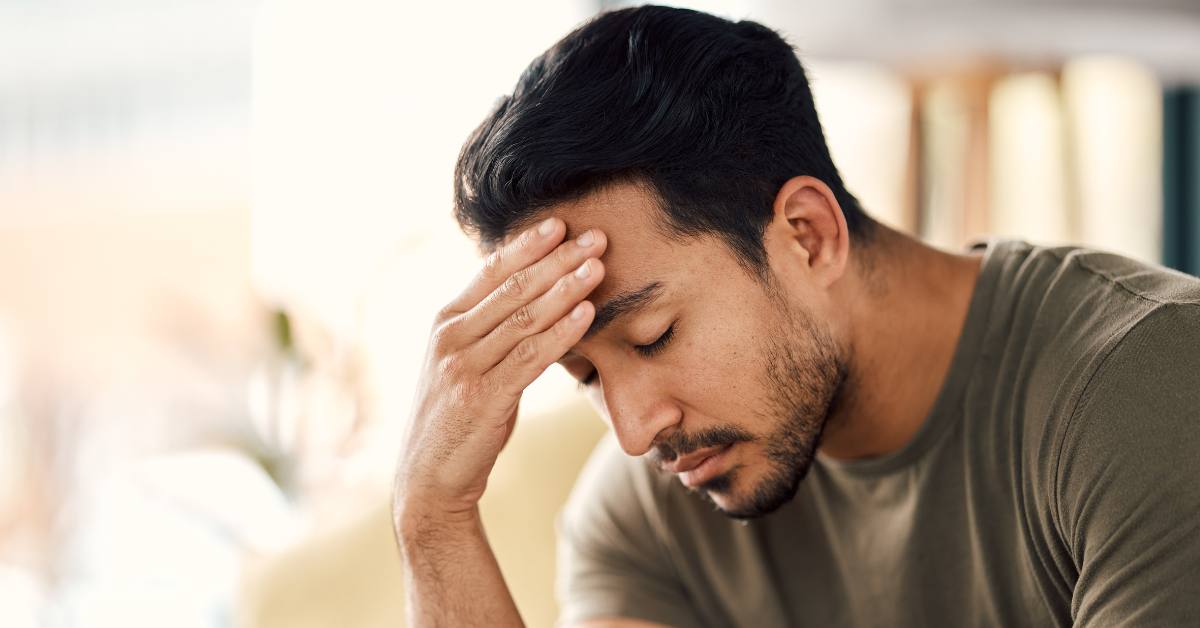As a reporter for TSN, Salim Valji is used to sharing highlights from the wide world of sports. But in August of 2022, a personal lowlight—the death of one of his best friends—changed Salim’s life forever.
“It was heartbreaking for everyone who knew him,” Salim says. “I had no idea he was struggling with mental health, so his death left me wondering: Could I have reached out more? Are there things I could have done to check in more? Were our conversations too shallow? Did we not talk about our feelings enough?”
For Salim, it was also a wake-up call. “He was the person I went to for advice on everything from relationships to work. He had a great head on his shoulders and a great perspective on life. So I thought, ‘If he was having mental health challenges, I want to make sure I’m dealing with my own.’”
Inspired by the mental health journey of former NHL goalie and Hockey Night in Canada commentator Kelly Hrudey, Salim shares the steps he took to improve his mental health—steps that any guy can take to do likewise.
The interview with Salim Nalji
Q: How long have you been struggling with mental health challenges?
A: The first time I noticed it was in university. I was working towards my dream job in a very competitive industry, and the stress of paying off my student loans really got to me.
I had invested a lot in my education, and I felt anxious whenever I heard about layoffs and job cuts in my field. I started to doubt my life decisions. After university, work was even more stressful. I was putting a ton of pressure on myself, and my mental health suffered.
I’m fortunate to be in a good place now, but definitely don’t take that for granted. If the anxiety or other challenges come up again, I won’t hesitate to see a professional.
Q: What did you do to deal with that?
A: Nothing at first, but eventually, I started seeing a therapist off and on. It was helpful. The Formula 1 driver George Russell calls this “mental maintenance,” and I like how he frames it as needing to get your tools sharpened.
When my friend passed away last summer, I realized I needed to be a lot more honest with myself about the anxiety I was feeling. So, I started seeing a therapist more consistently.
Q: What do you find to be most helpful about speaking to a therapist?
A: They give you specific things to try when you’re feeling anxious, like breathing techniques. But it’s also about providing perspective. When you’re knee-deep in something stressful, it can be hard to look at it from a wider standpoint. I had certain goals at work that I didn’t end up accomplishing, and the therapist was like, “You’re actually doing well. Everyone has things they don’t get to right away.”
Coming from your buddies or family members, this doesn’t resonate as much. But coming from a third party who has a really strong education in these types of matters was validating and super-helpful.
Q: Have you spoken to your family about your mental health challenges or feeling anxious?
A: I’m pretty open with them, and I’m not too worried about stigmas. I’ve got several younger cousins who are starting university and their careers, so I try to be open and honest with them about the mental health challenges I’ve had.
It can be a little trickier for immigrant families to talk about this subject, but I think all cultures appreciate open, honest conversations, no matter the subject.
Q: Since your friend passed away, do you find yourself opening up more or asking new questions to see how friends and family members are really doing?
A: I’ve got a few close friends who I’ve been really honest with, and that has been a huge help when I’ve had strong periods of anxiety. It’s often about finding the right moments to bring that stuff up. When you’re out at the pub or club or game or whatever, try to have a little alone time with someone to ask, “How are you really feeling? How are things really going?” I respect my friends for doing that for me, and now I try to do that for other people I care about.”
Q: When you’re in that place of anxiety, what helps pull you back out of it?
A: I am big on going for walks without my phone. I’ve found this to be a game-changer in terms of feeling less anxious about work, relationships, or anything really. Instead of constantly scrolling and being bombarded with information that fills up every moment of the day, walking clears my mind and lets me just be in the moment.
Making a habit of being out in nature also clears my head and kind of resets it. When you’re always distracted by your phone, you never get a moment to deal with what’s really on your mind. You can end up burying negative or anxious thoughts, and that’s never a good thing.
I’m not saying phones are all bad when it comes to mental health. For me, the Headspace app has also been a game-changer in terms of teaching me breathing techniques and learning how to meditate.
Q: Any final thoughts?
If my friend was still with us, I’m sure he would be happy to know that I’m finding ways to deal with my anxiety. I’ll always wish I could have helped him, but now, by using this as motivation, he is helping me.
If you or someone you know may be struggling with suicidal thoughts, you can call the Canada Suicide Prevention Service at +1 (833) 456-4566 any time, day or night. If it’s an emergency, please call 911.
Are You at Risk?
Learn your risk level for the most common men’s health conditions in 10 minutes with a free, confidential, and personalized report.



Let’s Talk!
Did you enjoy this article? Let us know in the comments.
0 Comments